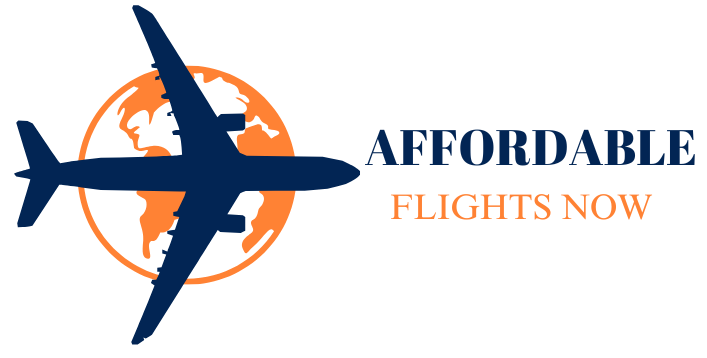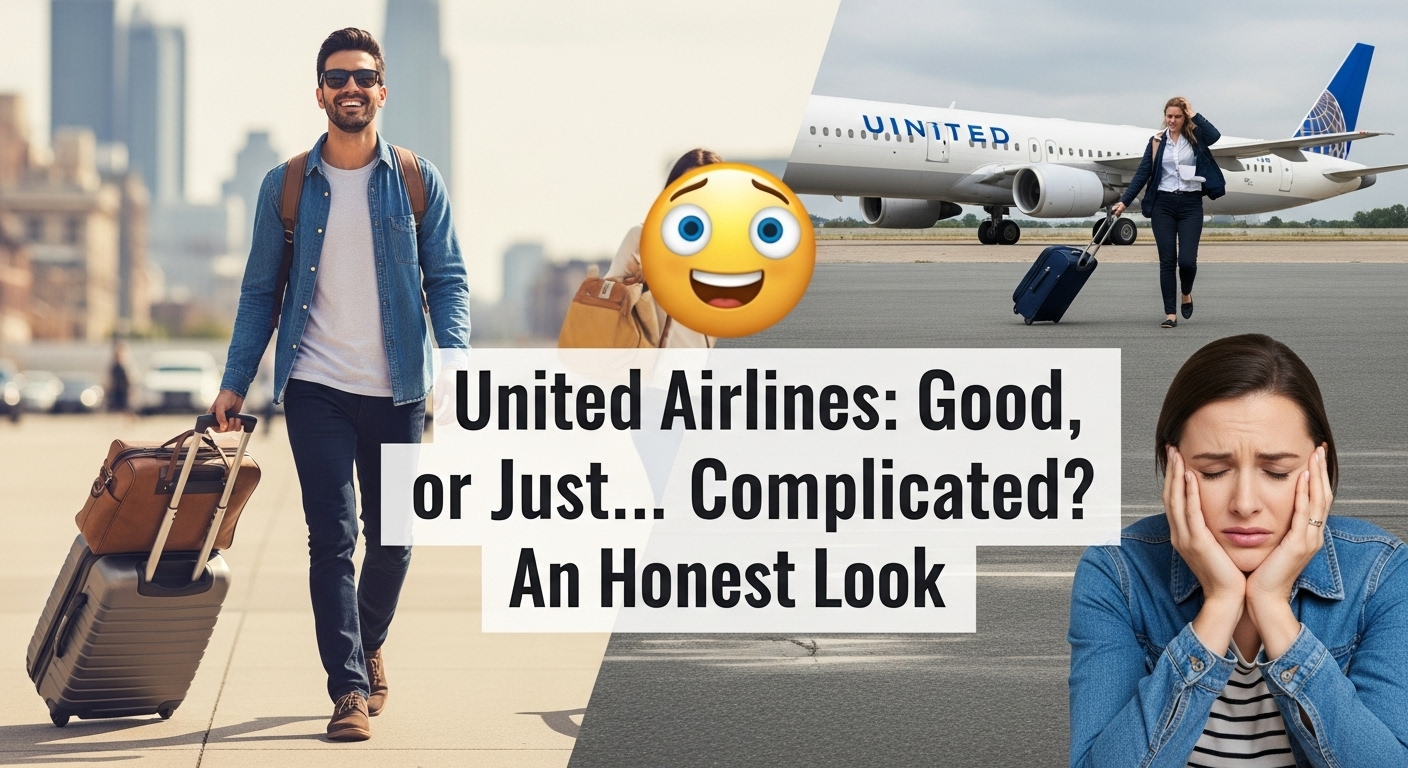When it comes to air travel, few names spark as many mixed feelings as United Airlines. Some people swear by their loyalty program and expansive route network. Others, well… still haven’t forgotten that infamous dragging incident. So, what’s the real story? Is United Airlines good, bad, or just complicated? Buckle up—let’s take an honest look at the friendly skies of United.
A Brief History of United Airlines
Table of Contents
United Airlines was born in the 1920s, making it one of the oldest airlines in the U.S. Over the decades, it has evolved through mergers, rebranding, and even bankruptcy. Its most notable transformation came in 2010, when it merged with Continental Airlines, creating one of the largest airlines in the world.
United’s Fleet and Global Reach
Types of Aircraft Operated
United operates a diverse fleet that includes Boeing 737s, 757s, 777s, and 787 Dreamliners, along with some Airbus A319s and A320s. Their newer aircraft boast modern amenities, better fuel efficiency, and improved passenger comfort.
Destinations and Hubs
United is a global powerhouse with major hubs in Chicago (ORD), Newark (EWR), Houston (IAH), Denver (DEN), and San Francisco (SFO), plus international gateways. They fly to more than 300 cities worldwide—impressive, right?
Cabin Classes and In-Flight Experience
Economy Class: The Basics
Basic Economy offers the bare minimum—no seat selection, last to board, and often no overhead bin space. Standard Economy is a little better but still cramped unless you luck out.
Economy Plus: A Small Step Up
Need a little legroom? Economy Plus offers extra inches of space and is situated closer to the front. Frequent flyers or MileagePlus members sometimes get free upgrades here.
Business and Polaris Class: Is It Worth It?
Polaris is United’s premium business class on long-haul international routes. It features lie-flat seats, Saks Fifth Avenue bedding, and elevated dining. Is it luxury? Kinda. But it depends on which aircraft you’re on. The inconsistency between older and newer planes can make or break the experience.
Customer Service: A Mixed Bag
The Good: Friendly Skies?
When things go smoothly, United’s staff can be friendly, efficient, and helpful. Flight attendants on international flights often go the extra mile.
The Bad: Viral Incidents and Backlash
Who could forget the 2017 debacle where a passenger was violently dragged off a plane? That PR nightmare still haunts the airline’s reputation. And while such incidents are rare, they’ve happened more than once.
The Complicated: Policies and Procedures
United’s policies can be strict, especially for Basic Economy passengers. Their app and website are functional but can be glitchy. Customer service wait times? Sometimes brutal. Yet, others report great experiences—so it’s a toss-up.
MileagePlus Program: Rewarding or Restrictive?
Earning Miles
United uses a revenue-based system—so you earn miles based on how much you spend, not how far you fly. That’s great for business travelers but a downer for budget flyers.
Redeeming Miles
Miles can be redeemed for flights, upgrades, and other perks. However, blackout dates and dynamic pricing make redemptions feel like a game of chance.
Premier Status and Benefits
Premier Silver to 1K status brings perks like free checked bags, early boarding, and upgrades. But reaching elite levels requires significant spending and flying—casual travelers might not benefit much.
Baggage Policies and Fees
Checked bags aren’t free unless you’re in premium cabins or hold elite status. Basic Economy passengers can’t bring full-size carry-ons. And fees? $35+ for the first checked bag unless you’re covered by perks.
On-Time Performance and Reliability
United’s performance is decent but not top-tier. Weather delays at hubs like Chicago and Newark don’t help. Still, they’ve made strides in improving reliability and communication.
Environmental and Social Responsibility
United touts its commitment to sustainability with goals like net-zero carbon emissions by 2050. They’ve invested in sustainable aviation fuel and eco-friendly tech. But some critics argue it’s more PR than action.
Comparing United to Other Major Airlines
United vs. Delta
Delta often edges out United in customer service and on-time performance. However, United has a larger international presence and a more robust business class product.
United vs. American Airlines
Both airlines are comparable in many ways. United may have a slight advantage in newer aircraft and global reach, but American shines with its domestic network and AAdvantage program.
Final Verdict: So… Is United Airlines Good, Bad, or Complicated
Honestly? It depends on your expectations. United is incredibly efficient for business travelers and international flyers who care about loyalty perks and reach. But if you’re a casual or budget traveler, the experience can feel nickel-and-dimed. So yes—it’s good, bad, and complicated.
Conclusion
United Airlines isn’t perfect, but it’s also not the villain it’s sometimes made out to be. Like most major airlines, your experience varies based on timing, ticket type, and sheer luck. It offers fantastic international options, strong rewards for loyal customers, and modern upgrades—but also strict policies and some PR baggage. In the end, flying United is a lot like ordering from a huge menu: know what you want, read the fine print, and you might just be pleasantly surprised.
FAQs
1. Is United Airlines safe to fly with?
Yes, United Airlines adheres to all FAA regulations and international safety standards. Despite a few PR incidents, its safety record is solid.
2. Can you choose your seat on United Airlines?
Yes, unless you book Basic Economy—then seat selection comes at a fee or isn’t allowed.
3. What is United Polaris?
Polaris is United’s premium business class for long-haul international flights, offering lie-flat seats, gourmet meals, and luxury amenities.
4. Does United have free Wi-Fi?
Wi-Fi is available on most flights, but it’s not free. Prices vary based on route and device.
5. How does United compare to budget airlines?
United offers more services, destinations, and perks than budget airlines, but it can still feel restrictive if you book lower fare classes.



